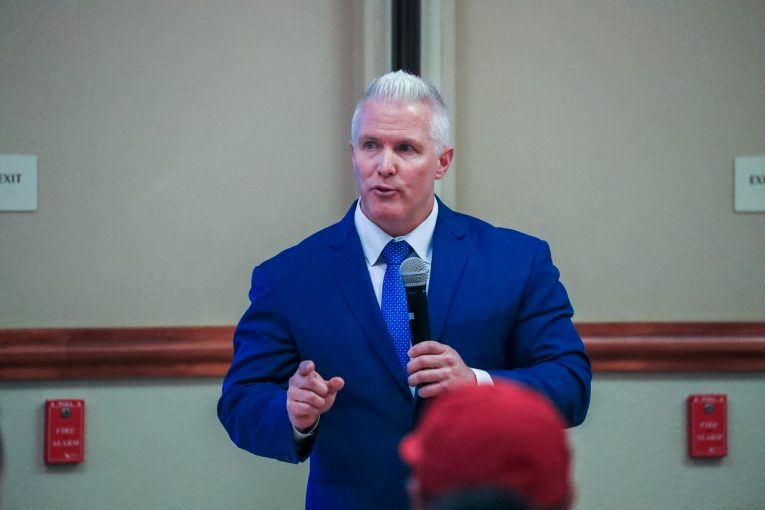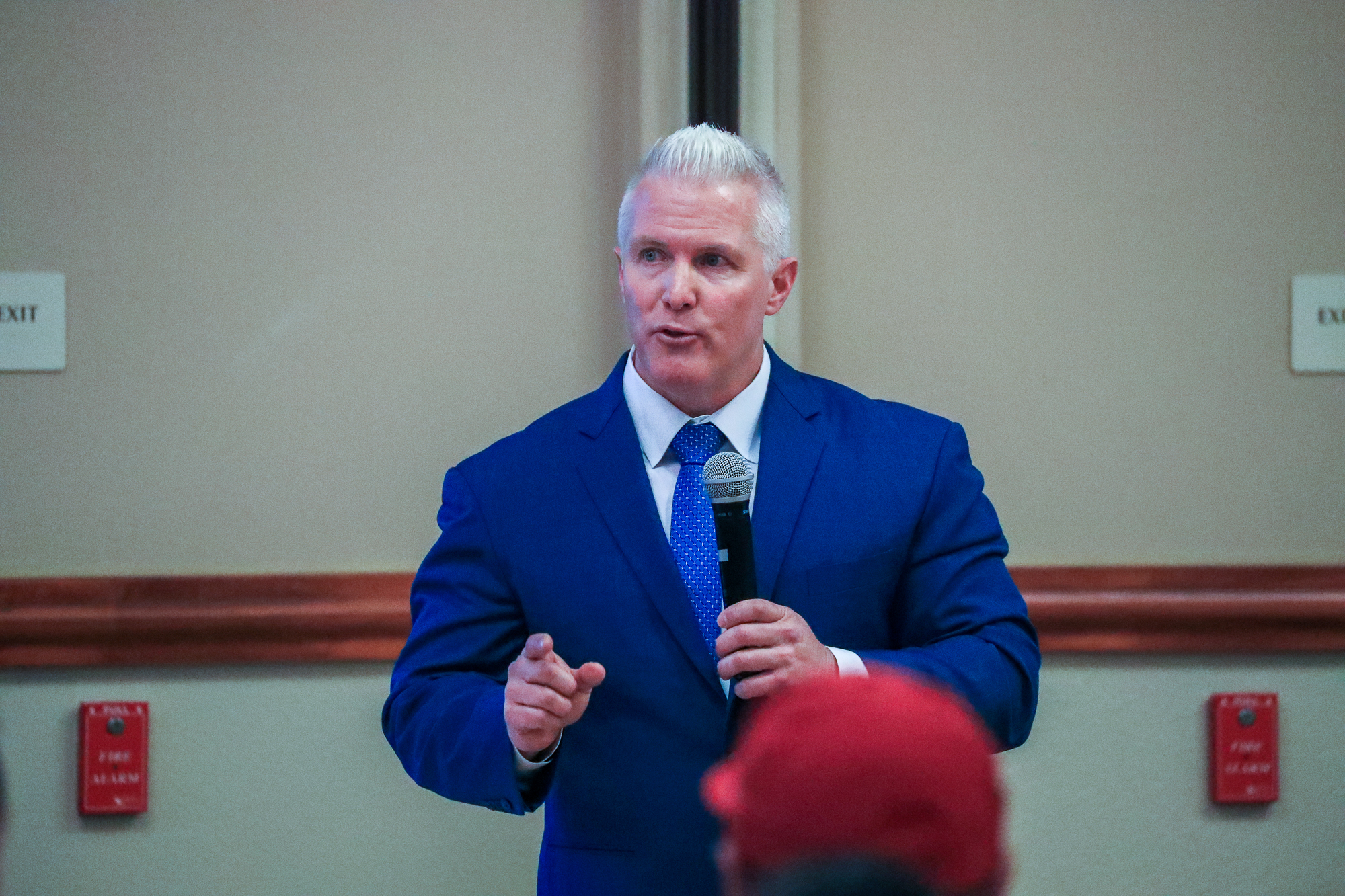

By David M. Greenwald
Executive Editor
One of the most powerful tools to undo injustice and get people who no longer need to be incarcerated is prosecutor-initiated resentencing. California has a law to allow just that—Penal Code section 1170(d).
But of course the law is only going to be as effective as the prosecutors are willing to use it. A joint investigative piece by NOLA and the Marshall Project found that, while five states have passed resentencing laws, prosecutors have been slow to embrace them.
Examining primarily Louisiana, the study noted, “Advocates for criminal justice reform say the laws are needed to help reduce mass incarceration. But their reach so far has been concentrated in the offices of a few district attorneys, mainly in urban areas, according to a review by The Marshall Project.”
They argue, “One reason is the high cost of reviewing old cases, prosecutors say. There are also moral and political issues. Some prosecutors are philosophically opposed to the notion of overturning sentences handed down by a judge, and others fear pushback from voters.”
The article notes that “conservative DAs who nonetheless are open to resentencing… represent a source of untapped potential for decarceration.”
Conservative DAs like say… Yolo County’s Jeff Reisig.
One area where DA Jeff Reisig in Yolo County deserves credit has been his office’s at least modest willingness to use 1170(d) to undo some of the more unjust sentences from past years.
“There are varying degrees of acknowledgment around terms like ‘mass incarceration’ and ‘racial justice,’” said Hillary Blout, a former prosecutor whose California-based nonprofit For the People works to persuade district attorneys to view resentencing as part of their mandates. “Some prosecutors feel everything should be about public safety, so I approach it from a public safety frame.”
“Moderates, conservatives, DAs in rural counties — all of these people can be brought around to the view that it’s entirely appropriate to reevaluate whether old sentences still serve the interests of justice,” she said.
Blout helped lobby for a three-year pilot program for resentencing programs in nine counties—and while some of those counties have more progressive DAs, “others are more conservative.”
The article notes, “In mostly rural Yolo County, near Sacramento, District Attorney Jeff Reisig has opposed measures like bail reform.”
More than that, Reisig and his office have opposed other forms of resentencing like Prop. 57, SB 1381, SB 1347 and the like.
Not only that, but he has often opposed parole and been overruled by the parole board such as the recent case covered in a rather biased article by the local paper.
At the same time, he has embraced 1170(d) and at least according to Blout, “he has resentenced more people per capita than any other DA in California.”
The article quotes Chief Deputy DA Jonathan Raven noting, “Reisig’s reputation as a more traditional prosecutor has helped.
“The local police and sheriffs don’t view us as an oppositional force, so there’s much less potential for pushback to resentencing,” Raven said.
The pilot program has also helped the DA’s office rethink its mission. “A lot of us have traditionally approached our work with the mindset that cases are nails, and we’re the hammers,” Raven said. “But resentencing has helped us evolve.”
It presents itself as a good tool for more conservative DAs—if of course they are willing to use it.
But there are limits. When I interviewed former SF DA Chesa Boudin’s office back in 2020, not only was it a tool that other DAs have been reluctant to employ, but the 1170(d) route is a slow process—it requires a motion to a judge who then has to order the re-sentencing.
It requires extensive review on a case-by-case basis, including collecting C-files which have been individually released to the DA by the person incarcerated as the documents are protected for confidentiality.
It takes coordination and work—creating a reentry plan, a provision for housing, connection clinics that provide mental health support, and they are connected to social workers who help them access Medicare.
The DA’s office has also partnered with other organizations to provide mentors—usually formerly incarcerated people who are trying to help.
The office noted that it was an extremely time-consuming process and not one likely to generate a huge reduction in the incarcerated population. But for conservative DAs wanting to release people clearly sentenced to extreme sentences or no longer a threat, it is a relatively safe way to make some progress.






